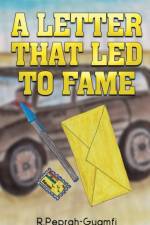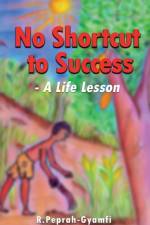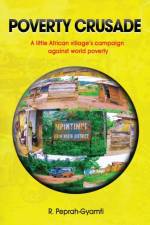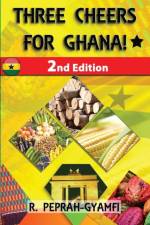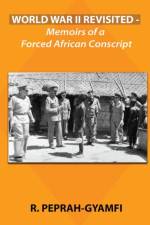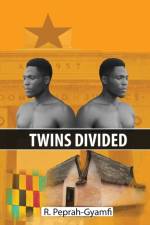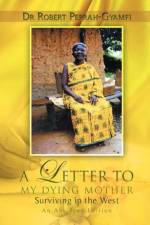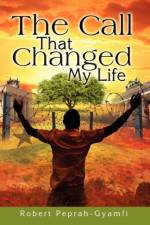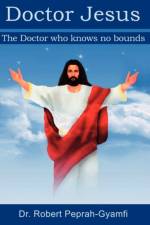von Robert Peprah-Gyamfi
19,00 €
The story of Africa's struggle for independence has often focussed on the key figures in the independence movement, figures like Kwame Nkrumah of Ghana, Patrice Lumumba of the Congo, Nelson Mandela of South Africa, etc.Left out in the discussion is the proverbial common man on the street - the ordinary citizens. What did they think about the prospect of self rule? Did each one of them favour the idea? Even if they universally supported the concept of independence, has anyone ever gone back to find out from them if indeed independence has met their aspirations and expectations?TWINS DIVIDED aims to address this issue.Set in rural Gold Coast (now Ghana), the riveting narrative revolves around the identical twin brothers, Panin and Kakra, residents of a small town in the Asante territory of the Gold Coast.The story begins in November 1946, with the return of Kakra to the Gold Coast after his abduction and forceful recruitment into the Royal West African Frontier Force to fight on the side of the 'Empire' in World War II. He survives a series of fierce battles both in East Africa and Burma. On his return home, he begins to agitate for immediate independence for the Gold Coast.Panin, Kakra's twin brother, on the other hand calls for a cautious approach, holding the view that the mainly illiterate population, made up of several ethnic groups with differing languages, traditions, culture, religious beliefs, population groups which prior to the advent of the Europeans were constantly warring against one another, was inadequately prepared for self-rule.As the two brothers follow developments in post-independent Ghana from their respective pre-independence perspectives, they provide a fascinating commentary on the changes that took place - changes that this book dramatizes for the reader who, in a sense, becomes a witness to the conflicts, the military take overs, and the final achievement of multi-party democracy.Since Ghana was the torchbearer of Black Africa's struggle for independence, the commentary of the two main characters on the country's independence experience may well be seen as a microcosm or mirror of the development of Black Africa as a whole.

